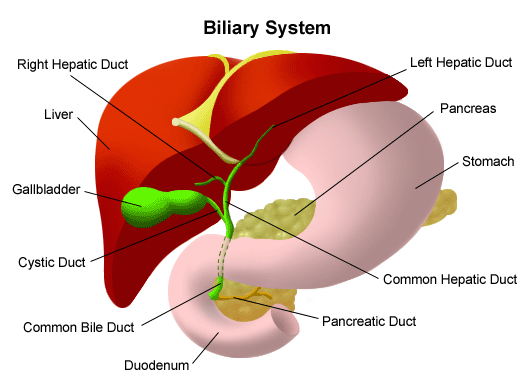Hepatitis B Virus (HBV) in Children
What is hepatitis B (HBV)?
Hepatitis B is a serious infection of the liver. It's caused by the hepatitis B virus. It can be mild and short-term. Or it may be long-term and lead to chronic liver disease and liver failure in infants and young children.
The hepatitis B virus is spread from person to person through blood and body fluids, such as blood, semen, vaginal secretions, or saliva. Infants may also get the disease if they are born to a mother who has the virus. Infected children often spread the virus to other children if there is frequent contact. People who are likely to be exposed to hepatitis B are:
-
Babies born to mothers who have hepatitis B
-
Babies born to mothers who have come from a country where hepatitis B is widespread, such as Southeast Asia and China
-
People in long-term care
-
People who live with someone with the virus
-
People who need kidney dialysis
-
People who use IV drugs, have many sex partners, or have unprotected sex
About one-third of people with hepatitis B in the U.S. have an unknown source.
Why is hepatitis B a concern?
The younger the person, the greater the likelihood of staying infected with hepatitis B and having lifelong liver problems. These can include scarring of the liver and liver cancer.
Hepatitis B vaccine
The hepatitis B vaccine is widely used for routine childhood immunization. The vaccine prevents hepatitis B infection. It's given as 3 or 4 shots. Follow the vaccine schedule advised by your child's healthcare provider. A baby born to a mother with hepatitis B is also given a shot of immune globulin. This contains antibodies to lower the chance that the baby will get hepatitis B.



